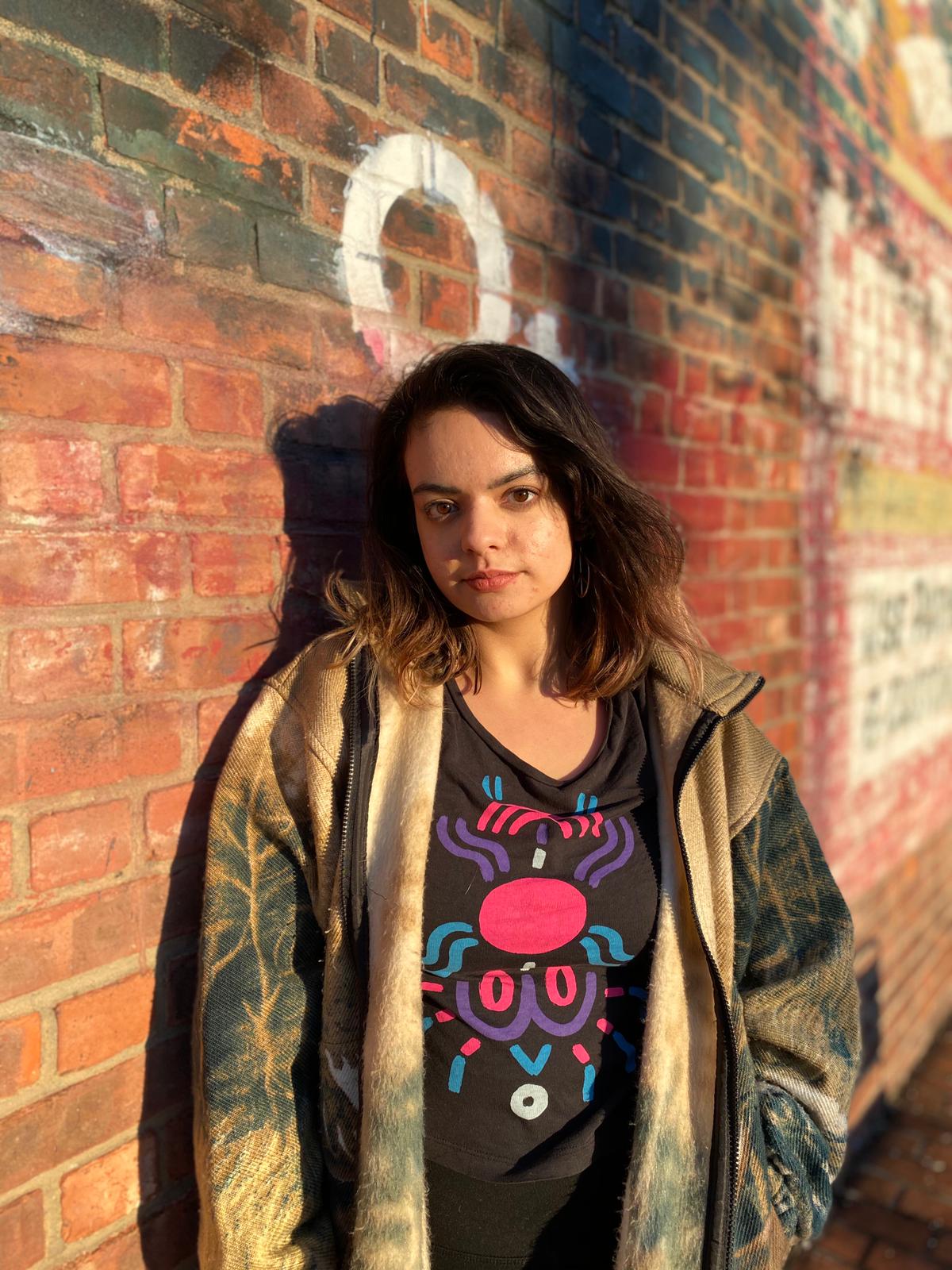Between a pandemic and nationwide protests, our collective grief has had a chaotic effect on our lives, disorienting our sense of reality.
The uncertainty of both our immediate and long-term future has clouded our minds with anxiety. There has been a consequential shift in our national consciousness as the boundaries between politics and morality merge for so many individuals. The result of this is a wounded, polarized country that dissociates us from our ability to empathize, connect, and unite.
The media, for instance, overwhelms us with information, presented with cynicism in order to pursue a political motive, thus exacerbating our cultural anxieties and further dividing us. The biased presentation of reality from both sides demonizes the opponent.
As we take this into consideration, it’s imperative to our evolution that we assess how our morality takes form and what ethical contributions we can make to align with that. It’s here that we tune into the societal wounds that need to be healed, using ahimsa (the practice of nonviolence) as a means to do so.
As a collective whole, our ability to listen and respond with an open heart and mind is dissipating. In order to regain our sense of wholeness, we must rediscover the values that bring unity to humanity—ones that stem from compassion and care.
It is essential to our spiritual evolution to advocate for the causes we believe in and do our part in allowing compassion to take shape in the world. Meditation, prayer, and personal practice are only a small piece of the larger process of developing our relationship with our higher selves.
Ahimsa is the first yama of the Eightfold Path. Ahimsa stems from our ability to hold compassion and respect for all life forms. We find it in kindness, gratitude, and love.
Incorporating ahimsa into our practice can be transformative, as it has the power to create a more peaceful relationship with ourselves, thus contributing to the making of a more harmonious world. Coming in confrontation with our violent inclinations, no matter how subtle, fosters a growing relationship with the darker aspects of ourselves and our society.
This value extends farther than simply abstaining from violent acts—it’s an active and willing pursuit of a more peaceful world. In a morally polarized society, it’s vital that we reassess where our values lie and return to what brings union rather than severance.
How do we instill ahimsa into both our personal practice and advocacy for a better world? Intention setting and approaching life with an open mind and heart can help create a wonderful process that allows us to reconcile with our human experience—which can be a tremendous challenge in a disembodied world.
Practicing ahimsa within our interactions must be founded on mutual respect for one another. As we do this, we realize that this is never “my” world. It is and always has been “our” world.
If your desires come at the cost of harming others, they are no longer peaceful. Noticing racial microaggressions is an example of this. Racial gaslighting, overlooking struggles unique to the black experience, and the denial of white privilege are only a few examples of microaggressions that are part of the intrinsic reality of life for black individuals.
Those who defend these microaggressions are playing a part in upholding a white-dominated society. Although these microaggressions may be subtle, they are damaging to our relationships with one another and they signify deeper cultural pain.
To notice is the first step of unlearning our ingrained judgements of one another. Once we, as a society, bring awareness to oppressive constructs and systems of power, we can then question what we know and unlearn our ingrained biases, thus, bringing change on a sociocultural and institutional level.
Ahimsa integrates external experiences with our internal worlds. The inner work we are doing must wander outside of our own perception. By allowing this process to occur, free of impulse, we are taking responsibility for our reactions—making space for loving growth to occur.
Ahimsa may begin in our own behavior, but for us to truly grasp it, we must share our wisdom and fight for a peaceful transformation of reality. This active resistance calls for us to challenge our fears, fostering an open-minded, empathetic culture that contains true love of the world. Ahimsa brings a psychological transformation that allows the individual to live with peace and purity in actions as well as working toward a world transformation.
The action we take comes in many forms. We should self-educate, examining literature and art forms from people of color and hearing their stories, as well as their hopes and dreams for the future. This helps us empathize with their experience and transform the ways we approach issues regarding racism. The empathy we find will facilitate our approach to activism. Empathy guides conversations that open minds, empower the marginalized, and generate momentum for necessary structural change.
As we hear the desperate cries and demands for action from the Black Lives Matter movement, we must take recognition of the trauma of these individuals in order to pave a path toward societal healing. The roots of racism run deep in this country and there is a great deal of work to be done in order to navigate a changing world. White supremacy pumps through our structures. The cultural reset we are experiencing will inevitably carry challenges to both our social structures and our wounds.
As we travel down our spiritual path, one essential aspect of the journey is that we practice compassion and do our part in healing our collective wounds.
Because we are a connected whole, we must stand up for one another.
We may ask ourselves: what have we done to contribute to the suffering of others? How do we manifest a better world? What forms can our activism take?
Ahimsa plays a vital role in reassessing our position in a system of oppressive forces.
It is our responsibility to take action for what we believe in and to heal our societal and personal wounds—in honor of ahimsa and our fellow human beings.
~









Read 4 comments and reply